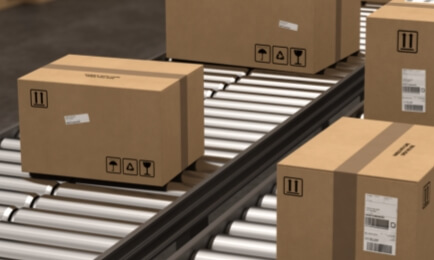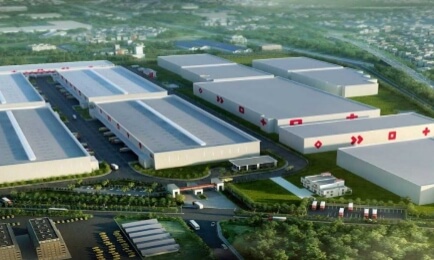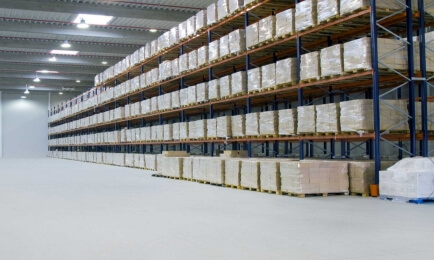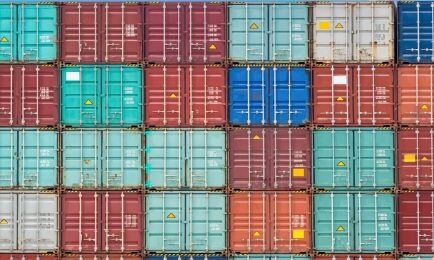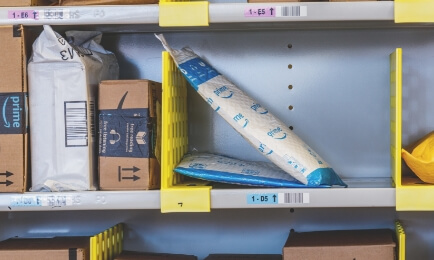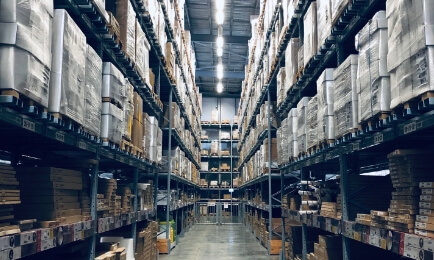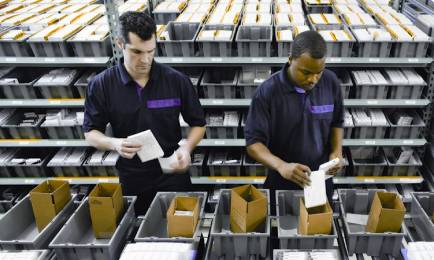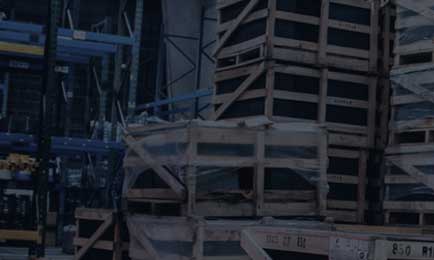Cold storages facilitate the Storage and handling of those products that are perishable or when goods require an adequate temperature-controlled environment to maintain their quality. Fast moving consumer goods like pharmaceuticals, meat, poultry and dairy products generally require such a storage facility.
Businesses either own a private cold storage facility or generally outsource a third-party logistics provider to handle their cold chain logistics. Perishable goods are prone to degradation due to processes like respiration, enzymatic breakdown and microbial activity. The process of ‘degradation’ is heavily dependent upon temperature and the majority of perishable goods double their rate of degradation for every 10 degree increase in temperature known as Q10 coefficient.
Generally, temperature-dependent products show degradation even in temperatures as low as 4-degree Celsius and therefore, it is recommended to store such products immediately. Cold storages are designed to serve the specific purpose of maintaining temperatures below 4-degree Celsius and preventing bacterial | microbial activities in the goods from initiating.
What are the ‘temperature ranges’ in different temperature-controlled storages?
- 25 to 60 degrees | Incubator or Hot box.
- 15 to 25 degrees | Ambient storage.
- 8 to 15 degrees | Chillers or cool storage.
- 2 to 8 degrees | Cold storage.
- -4 to 2 degrees | Refrigerated storage.
- -40 to 0 degrees | Frozen storage.
- -70 to -40 degrees | Ultra-frozen storage.
Types of Cold Storages
- Refrigerated storage: Refrigerated storage is best suited for storage of temperature-controlled goods that require temperature lower than 2 degree celsius. For example, ice-cream, dairy, meat and poultry.
- Blast freezers | chillers: Blast freezers and chillers typically attain lower-temperature surroundings in less time. Businesses that require to ship products to customers in cold conditions utilize blast freezers and chillers.
- Cold rooms: Companies that don't need a cold storage warehouse because of product volume or seasonality, generally prefer storage of temperature-sensitive goods in a cold room. A cold room has a temperature lower than 4 degree Celsius.
- Pharmaceutical grade cold storage: These are cold storage units with additional features required by institutions and hospitals. These additional features, along with the temperature-controlled environment, make it ideal for storage of blood, vaccines and biopharmaceutical products.
- Dedicated custom cold storage facility: Many enterprises deal with complex cold storage requirements driven by the type of product they sell and customer preferences. Such brands choose to avoid upfront costs of an on-site facility and outsource a third-party logistics provider that offers 'cold storage services'.
Importance of Cold Storage
Cold Storage will be indispensable for the COVID 19 vaccines, in order to preserve the potency of the vaccines most of them need to be in cold storage. Hence for the safe delivery of vaccines for mass immunisation against COVID-19 is a massive challenge and there is a huge requirement for ramping up the cold storages in India.
Cold storage is the backbone of businesses that distribute and sell temperature-controlled products.
- Commodities that are the daily requirement of customers such as milk, fruits, vegetables, beverages and medicines need to be delivered in a manner that retains maximum nutrition and freshness when they reach customers.
- Cold storage ensures there is maximum availability of seasonal food, pharmaceuticals and other temperature-sensitive products throughout the year.
- Cold storage plays a significant role in normalizing food inflation, as prices of commodities keep fluctuating throughout the year, and an integrated cold chain allows an uninterrupted supply of products from one place to another. Thus, keeping food products affordable.
- Cold storage systems are scientifically designed in a manner that retains the utmost quality in the product by slowing down respiration rate and microbial activity which is achievable at low temperatures.
Stockarea provides a pan India network of cold storage facilities and cold storage services providers, for businesses and retailers looking for cold storage anywhere in India.
Visit our warehousing platform or write to us about your cold storage requirements.
Talk to an expert today 



